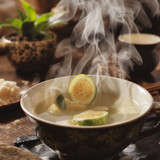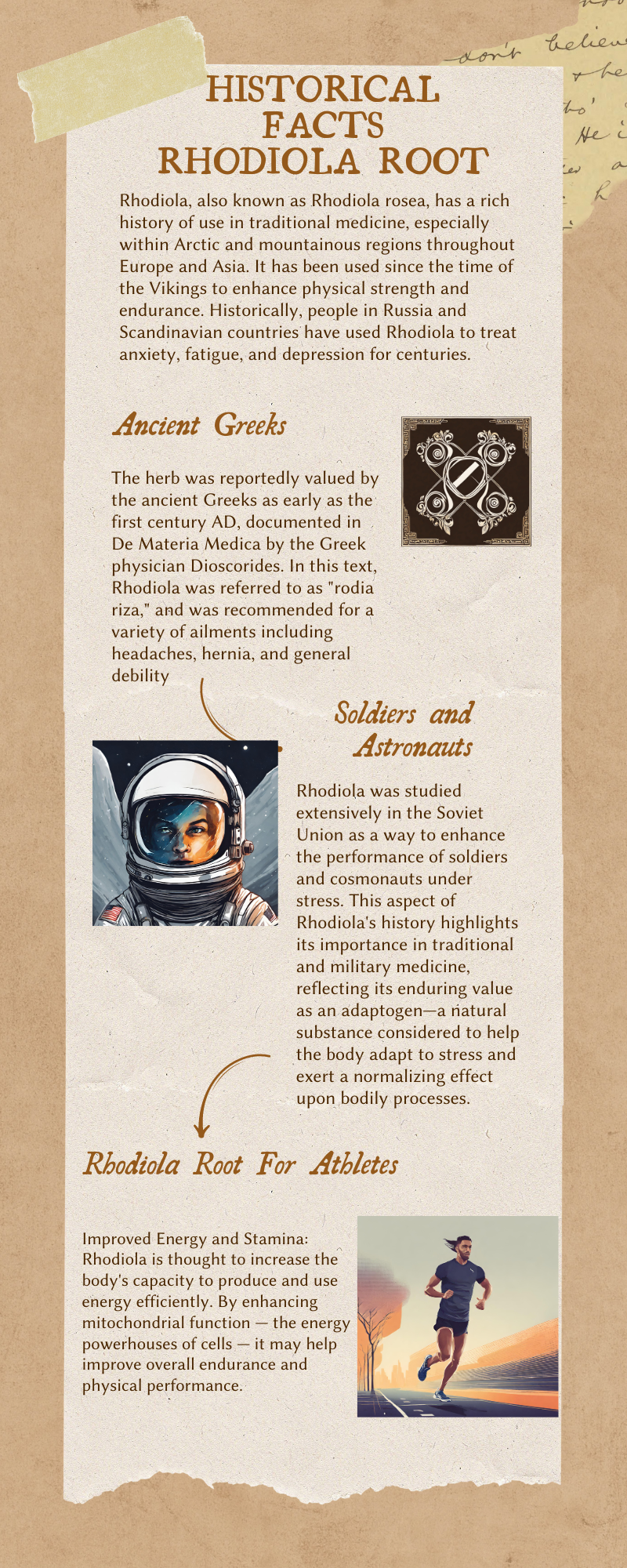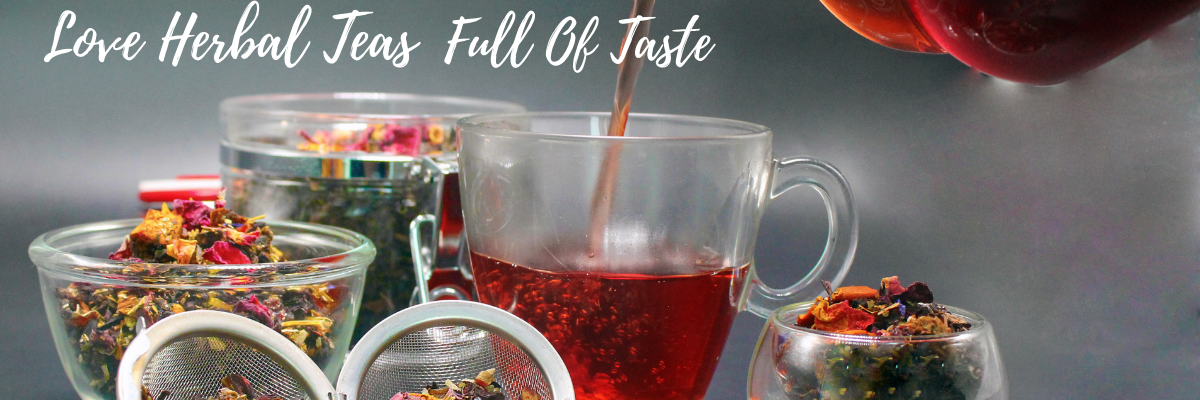

Starwest Botanicals
Organic White Tea Bags
White Tea Bags vs. Green Tea: Why They’re Different White tea and green tea come from the same plant—Camellia sinensis—but they’re made differently. That difference in processing is why white tea...
You might not have set out looking for a rugged root from the Tibetan highlands—but if you're dealing with stress, fatigue, or the need for serious stamina, you're exactly where you need to be. Rhodiola crenulata, known in Traditional Chinese Medicine (TCM) as Hong Jing Tian, is one of the most respected herbal adaptogens in both ancient and modern wellness traditions. For generations, it’s helped Tibetan monks endure thin air and long meditations, and today, it supports busy professionals, athletes, and anyone facing physical or mental exhaustion. In this comprehensive guide, we’ll explore what Rhodiola root does, how it works in both TCM and modern science, how to use it effectively, and why our Rhodiola is trusted by practitioners and wellness seekers alike.
Rhodiola root is used in Traditional Chinese Medicine to support energy, improve stamina, reduce stress, enhance lung and heart function, and help the body adapt to environmental challenges like high altitude or oxygen deficiency. Modern studies confirm its ability to reduce fatigue, improve mental focus, and support immune health.
Supports: Physical stamina, stress recovery, mental clarity, oxygen use, immune support
TCM Name: Hong Jing Tian (紅景天)
TCM Uses: Tonifies Qi, invigorates Blood, clears Lung heat, strengthens Heart and Lungs
How to Use: Tea, decoction, powder, capsules
Works Well With: Eleuthero, Schisandra, Cordyceps
| Feature | Rhodiola crenulata | Rhodiola rosea |
|---|---|---|
| Botanical Family | Crassulaceae | Crassulaceae |
| Native Region | High-altitude regions of Tibet, China | Cold, mountainous regions of Europe, Russia, and Scandinavia |
| Common in TCM? | Yes, known as Hong Jing Tian (红景天) in Traditional Chinese Medicine | No, not commonly used in TCM |
| Traditional Use | Tonifies Qi, clears Lung heat, invigorates Blood, supports altitude adaptation | Enhances stamina, brain function, and stress response in Russian and European herbal traditions |
| Key Active Compounds | Salidroside (higher concentration), tyrosol | Rosavin, rosarin, rosin, and salidroside (lower than R. crenulata) |
| Best Known For | Lung and Heart support, high-altitude performance, immune regulation | Mental performance, energy, stress resistance, mood balance |
| Taste & Nature (TCM) | Bitter, slightly sweet / Warm | Not classified in TCM |
| Sustainability | Often cultivated in China, but still at risk due to overharvesting | Wild Rhodiola rosea is overharvested; some supply now cultivated sustainably |

Chinese Name: Hong Jing Tian (紅景天)
Botanical Name: Rhodiola crenulata
Common English Names: Rhodiola, Tibetan Rhodiola, Arctic Root
Taste & Nature: Bitter, slightly sweet / Warm
Meridian Channels: Lung, Heart, Liver
TCM Category: Tonify Qi / Activate Blood
Supports physical and mental energy under stress
Enhances oxygen utilization and high-altitude adaptation
Reduces fatigue and burnout
Supports clear thinking and mental focus
Strengthens immune defense and heart function
TCM Theory: In Traditional Chinese Medicine, Hong Jing Tian is used to tonify Qi (vital energy), invigorate the blood, and clear heat from the lungs. It’s ideal for individuals who feel exhausted, weak, or breathless, especially when facing environmental stress or recovering from illness. It nourishes the Heart and Lungs while helping the body adapt to physical and emotional challenges.
Modern Scientific Insight: Rhodiola contains active compounds such as salidroside and rosavin. Clinical studies have shown that these adaptogenic compounds:
Lower cortisol and regulate stress responses
Improve VO2 max and oxygen efficiency in athletes and mountaineers
Support brain function and neurotransmitter balance
Reduce inflammation and oxidative damage
| Form | Best For | Pros |
|---|---|---|
| Tea | Daily stress, immune support | Hydrating, gentle flavor |
| Decoction | Altitude and fatigue recovery | Deep extraction, potent |
| Capsules | Energy and mental clarity | Easy to take, no taste |
| Tincture | Rapid stress support | Fast absorption |
| Powder | Smoothies, teas | Convenient, blendable |
See full usage guide: How to Use Chinese Herbs →

Ingredients:
1 tbsp dried Rhodiola root
2 cups water
Optional: Ginger, lemon, or raw honey
Instructions:
Combine water and Rhodiola in a pot.
Bring to boil, then reduce to simmer for 20 minutes.
Strain and drink warm. Store leftovers in the fridge for 24 hours.
| Herb | Key Benefits | Best For | TCM Category | Common Formula |
| Rhodiola | Adaptogen, blood activation | Stress, altitude, fatigue | Tonify Qi / Move Blood | Xue Fu Zhu Yu Tang (mod) |
| Eleuthero | Adrenal and immune support | Energy, immune balance | Tonify Qi | Bu Zhong Yi Qi Tang |
| Schisandra | Astringes essence, stabilizes Qi | Focus, endurance | Astringents | Sheng Mai San |
Is Rhodiola safe for daily use?
Yes, but best used under guidance if you are sensitive to stimulants.
Can I combine Rhodiola with other herbs?
Yes. It pairs well with Eleuthero, Cordyceps, and Ginseng.
Does Rhodiola taste strong?
It has a slightly bitter, earthy taste. Many prefer blending with ginger or licorice.
When will I notice results?
Some users feel effects within days; deeper adaptogenic effects may take 2–4 weeks.
Any known interactions?
May interact with stimulants or blood pressure meds. Speak to your provider.
When should I take it?
Morning or early afternoon is ideal to avoid interference with sleep.
Third-party lab-tested for purity and salidroside content
Harvested from high-altitude regions for maximum potency
GMP-certified and practitioner-trusted quality
Support your body’s energy, stamina, and lung capacity naturally.
Shop Rhodiola Root Slices, Powder & Extracts → See All Forms Below
While Rhodiola (Hong Jing Tian) is widely considered safe for many people, there are certain individuals who should approach it with caution or avoid it altogether. Understanding who should not take Rhodiola helps ensure safe and effective use—especially for those with specific health concerns or sensitivities.
People with bipolar disorder or manic episodes
Rhodiola may increase the risk of triggering mania or agitation in susceptible individuals due to its stimulating properties.
Pregnant or breastfeeding women
There is currently insufficient research on Rhodiola’s safety during pregnancy or lactation. It’s best to avoid unless under the supervision of a licensed practitioner.
People with high blood pressure
Although Rhodiola can help some people with fatigue, its energizing effects may raise blood pressure in sensitive individuals or interact with antihypertensive medications.
Those with anxiety or insomnia
In higher doses, Rhodiola may be overly stimulating and interfere with sleep or worsen anxiety symptoms in some users.
Individuals taking stimulant medications
Rhodiola may enhance the effects of stimulants like Adderall or caffeine, potentially leading to overstimulation or side effects like jitteriness or elevated heart rate.
Rhodiola extract improves endurance and mental fatigue — PubMed
Salidroside protects brain cells from oxidative stress — ScienceDirect
Rhodiola enhances lung function and adaptation at altitude — PubMed
Disclaimer: This article is for educational purposes only. Always consult a qualified practitioner before beginning any herbal supplement routine.
Shop Rhodiola Root Slices, Powder & Extracts → See All Forms Below